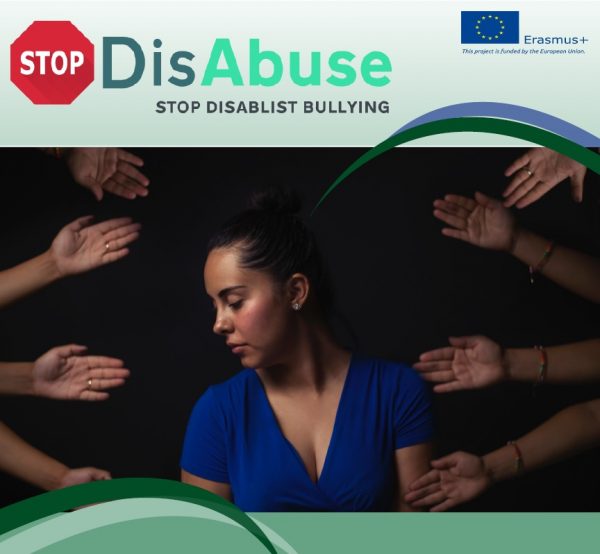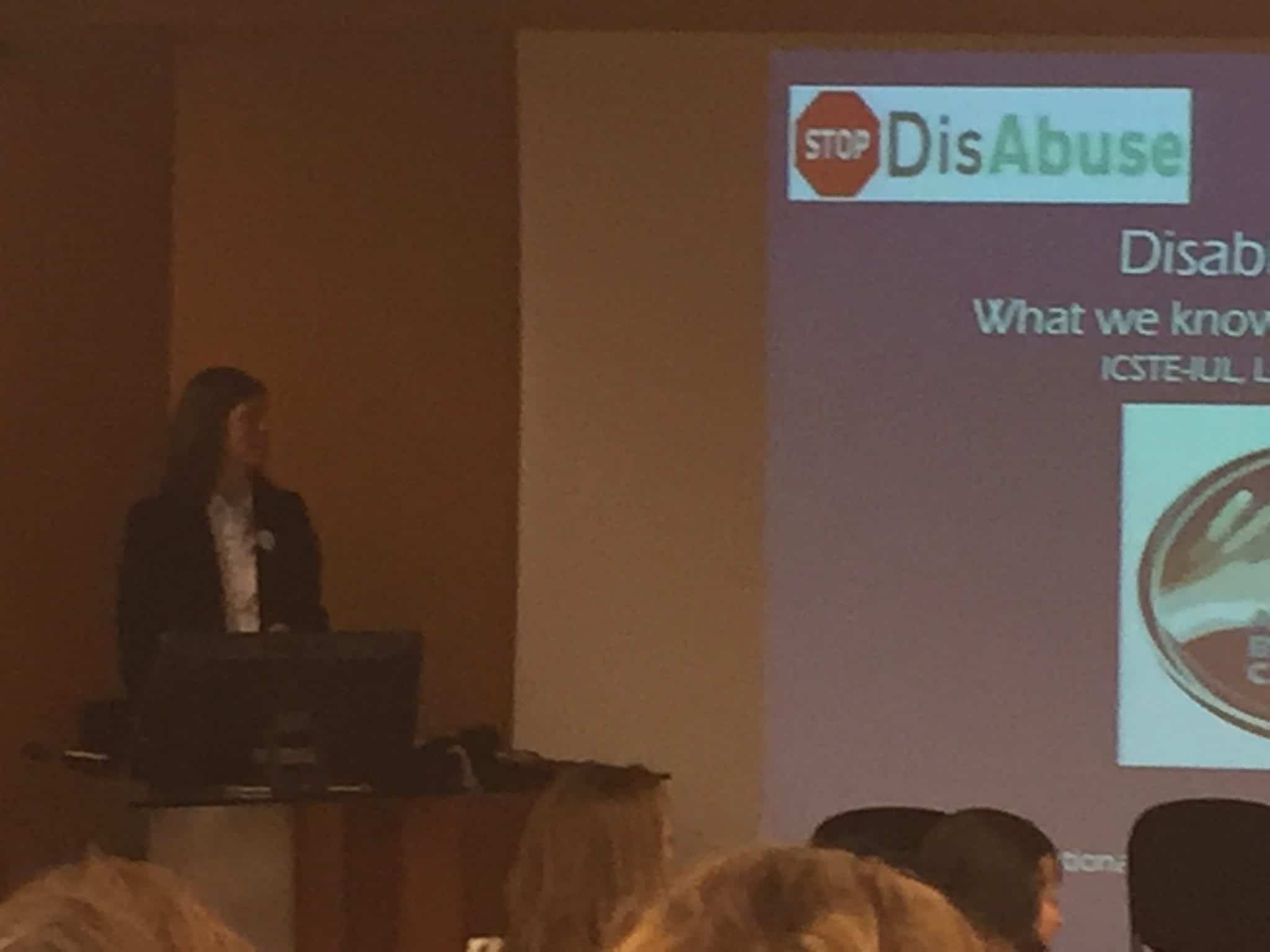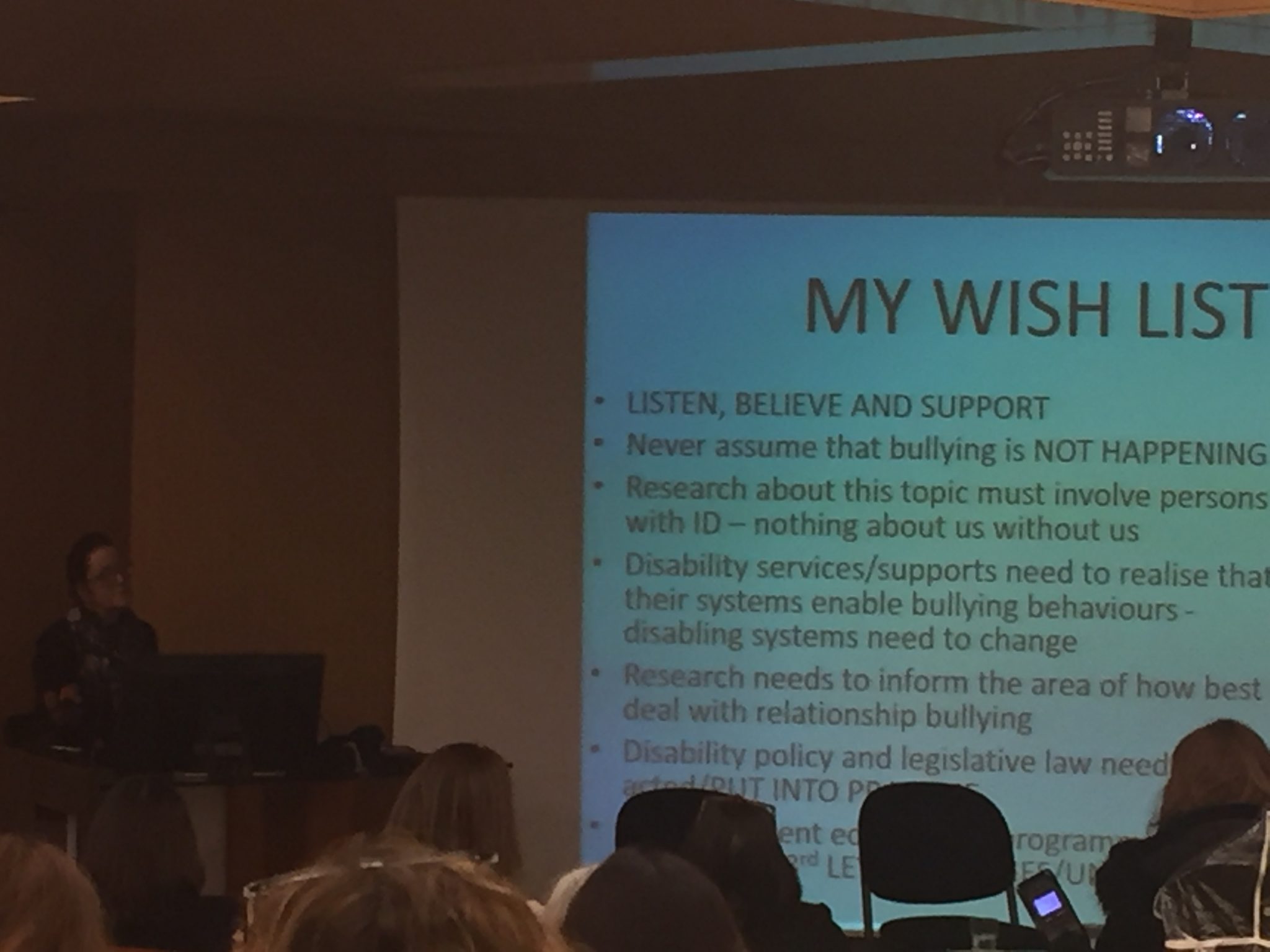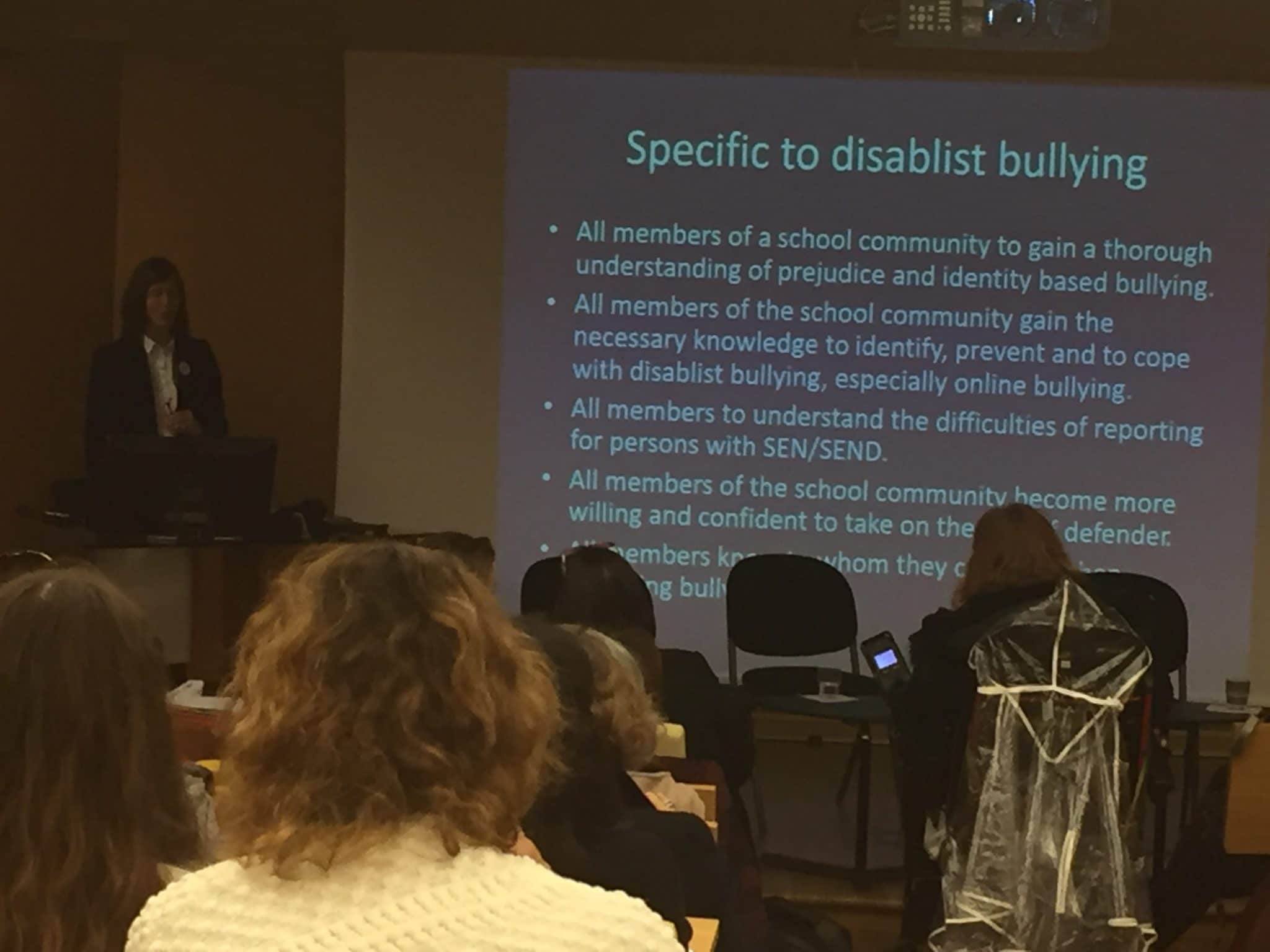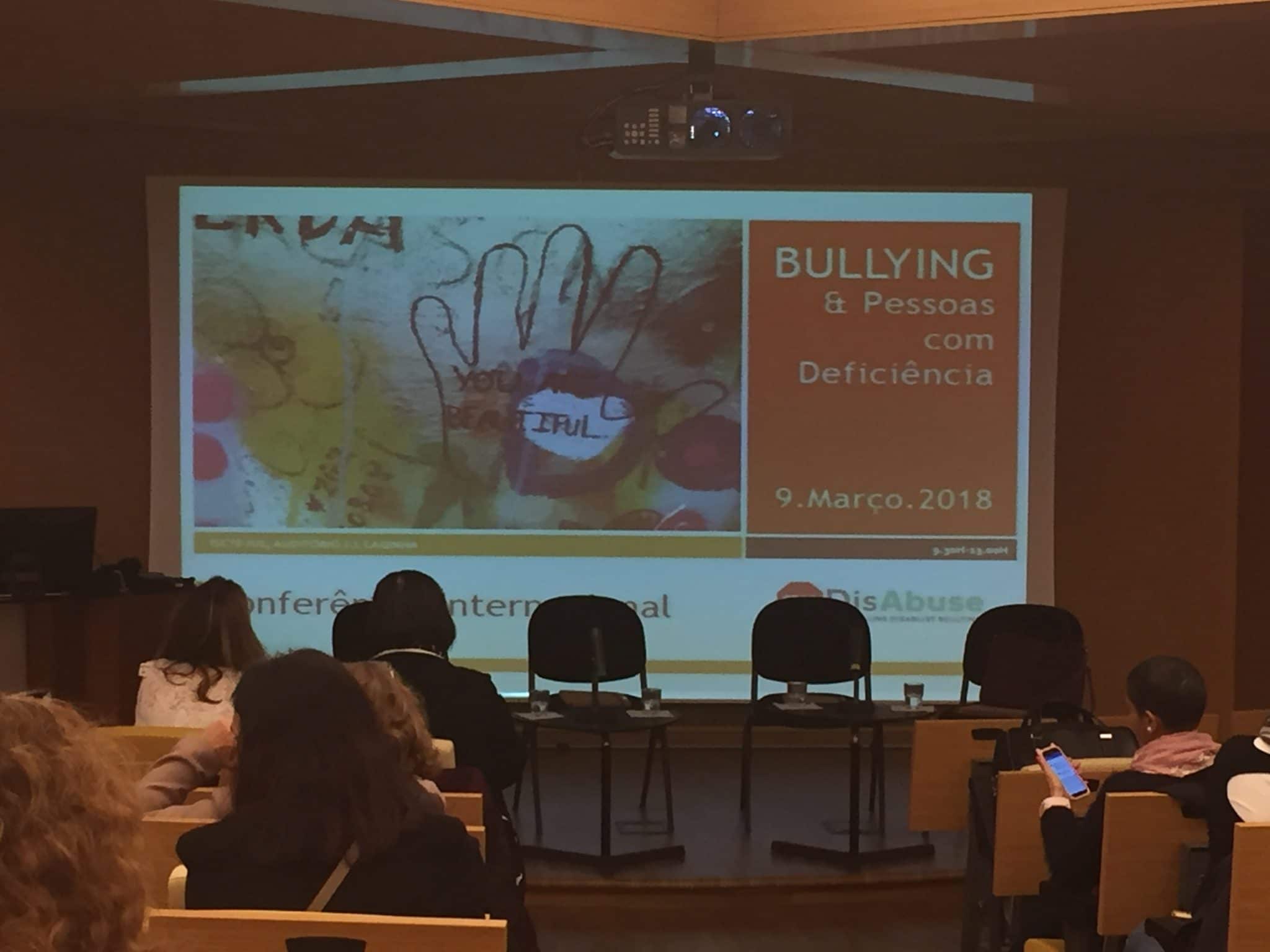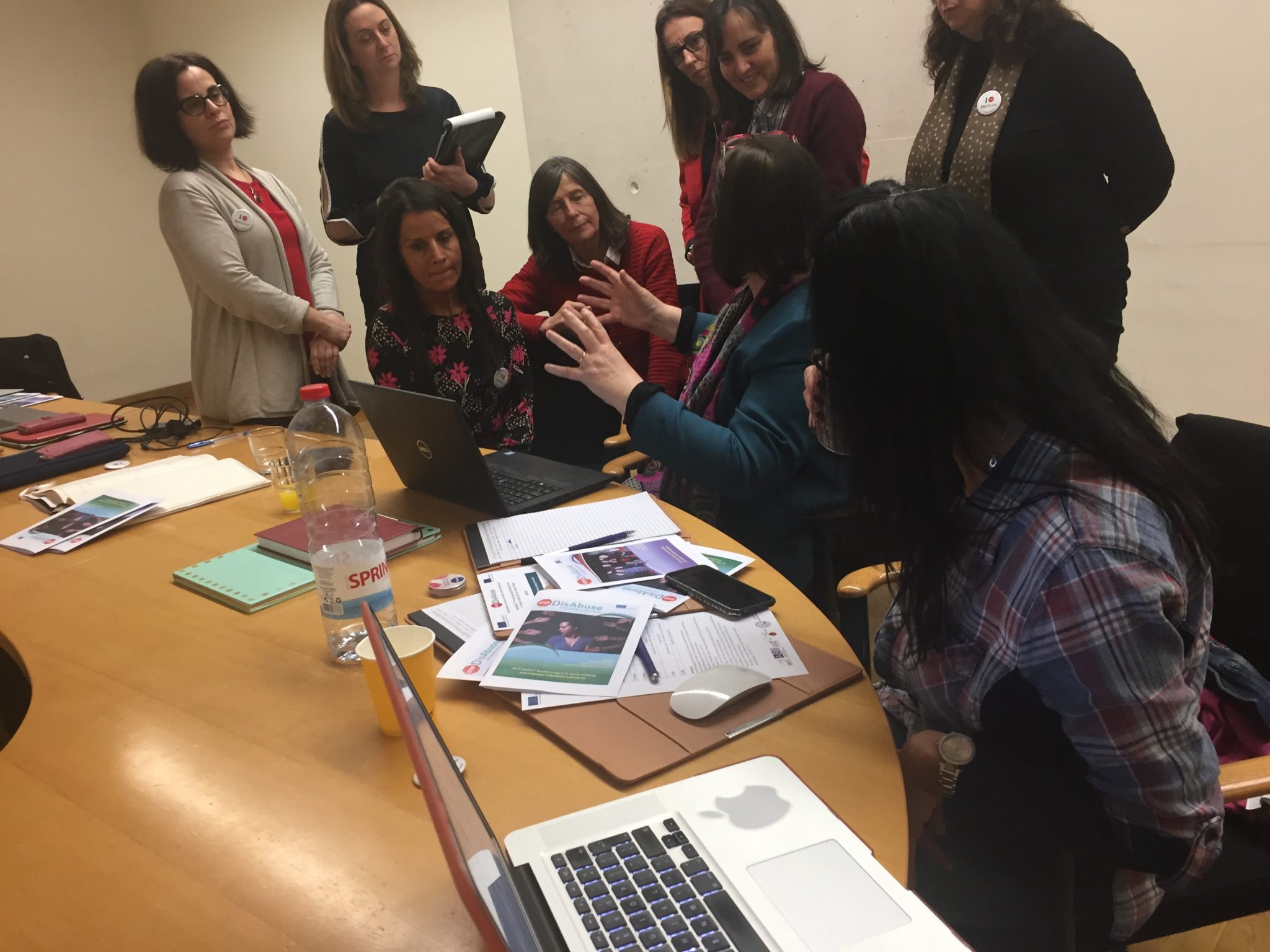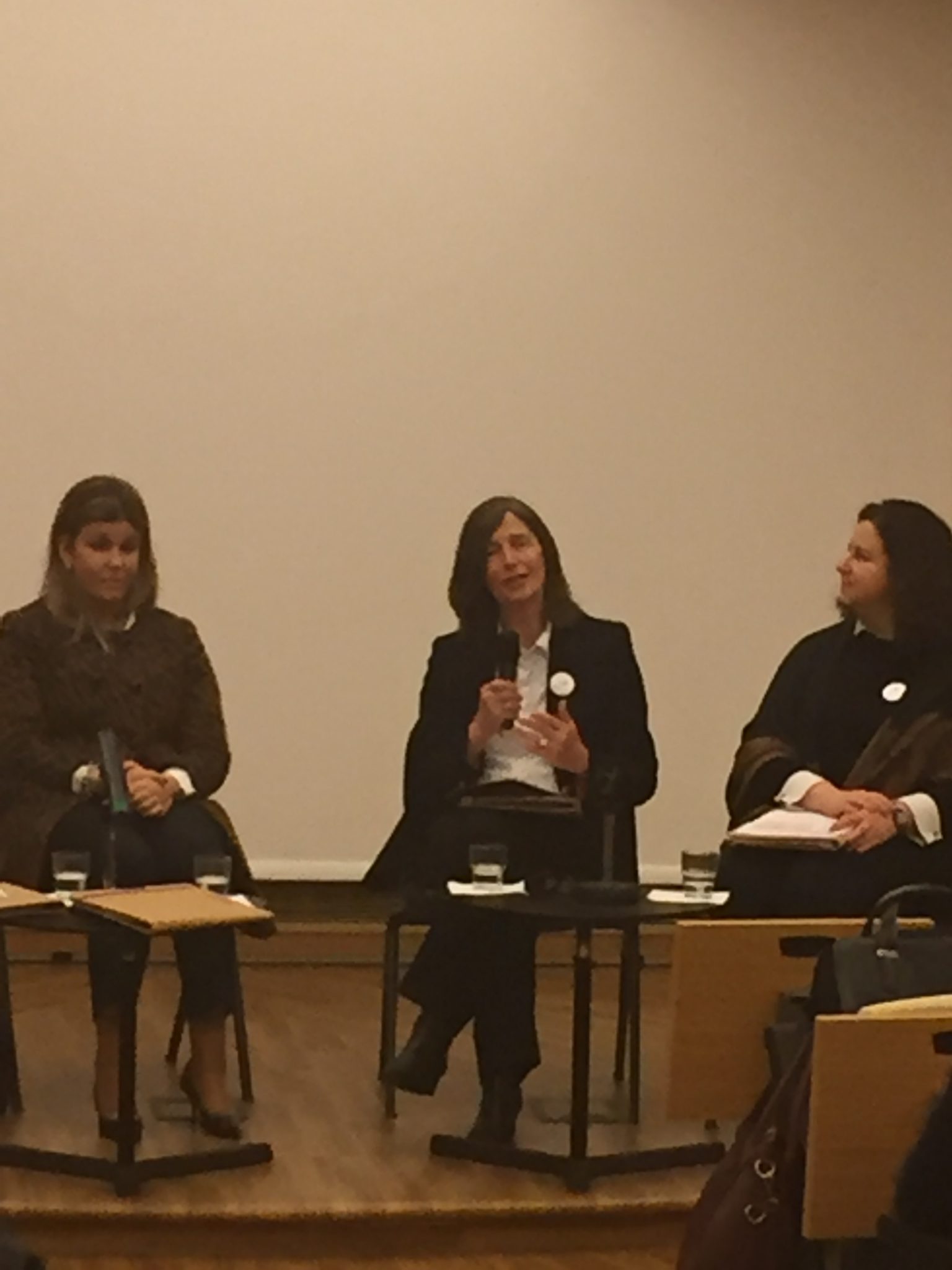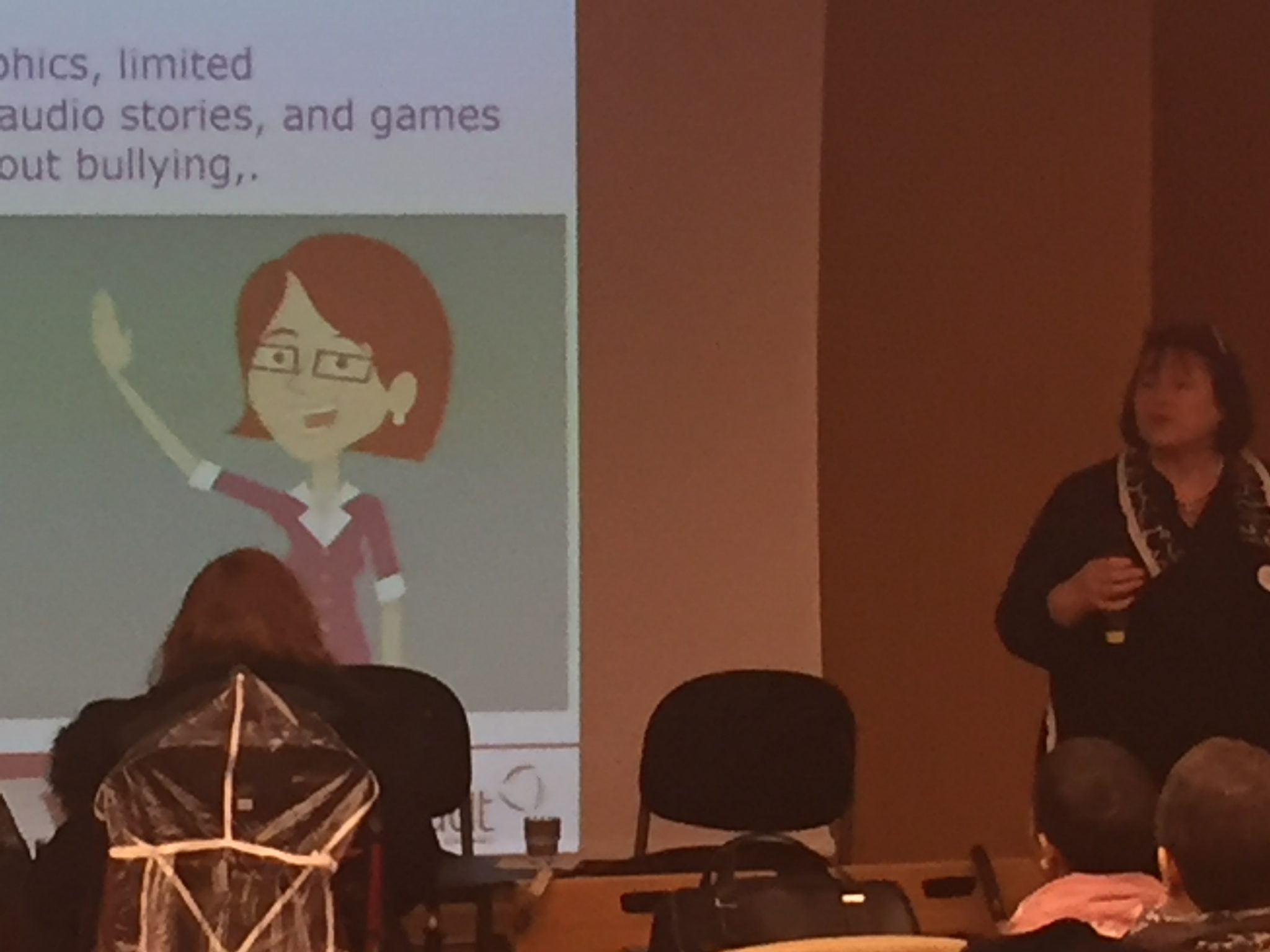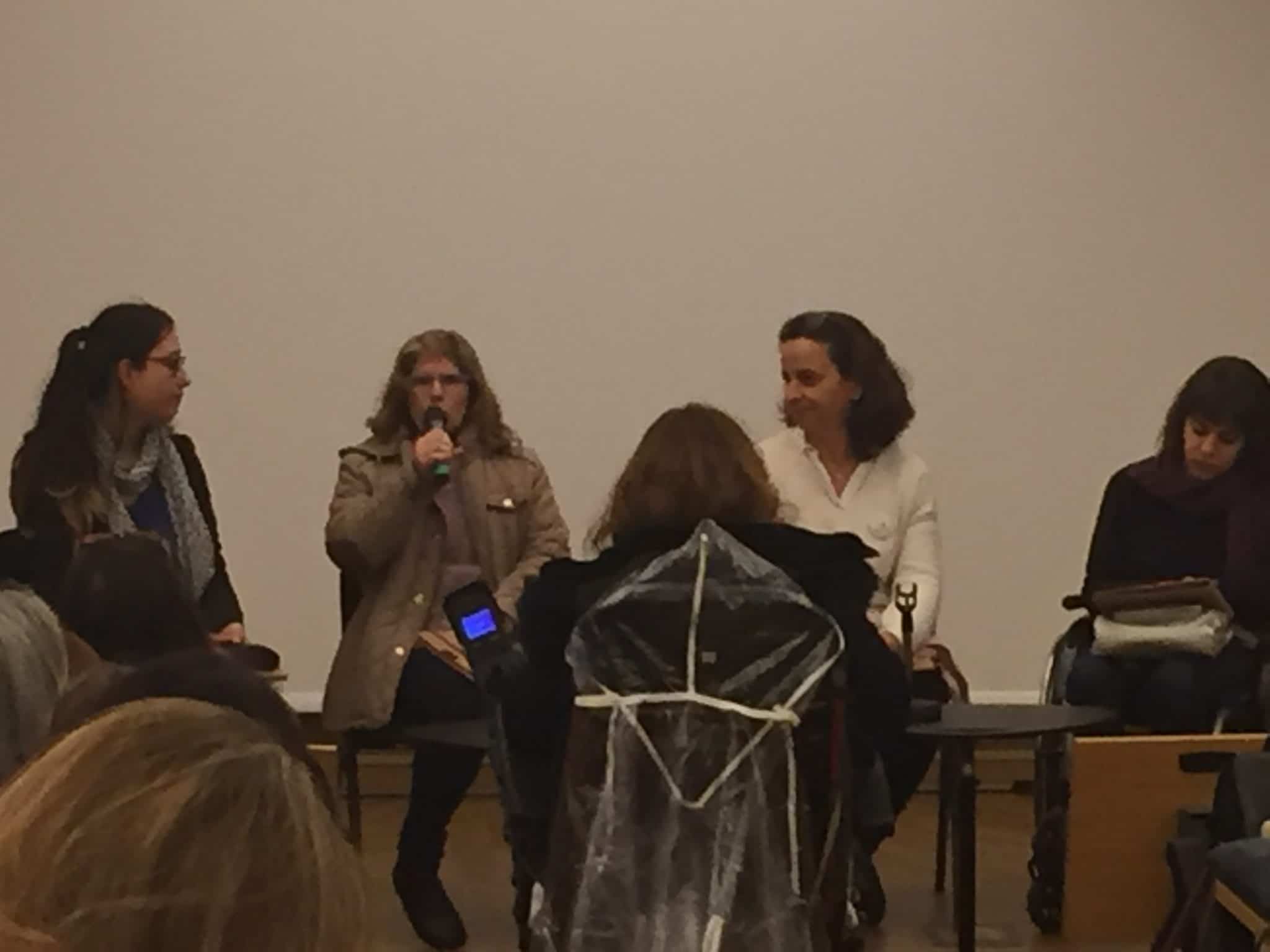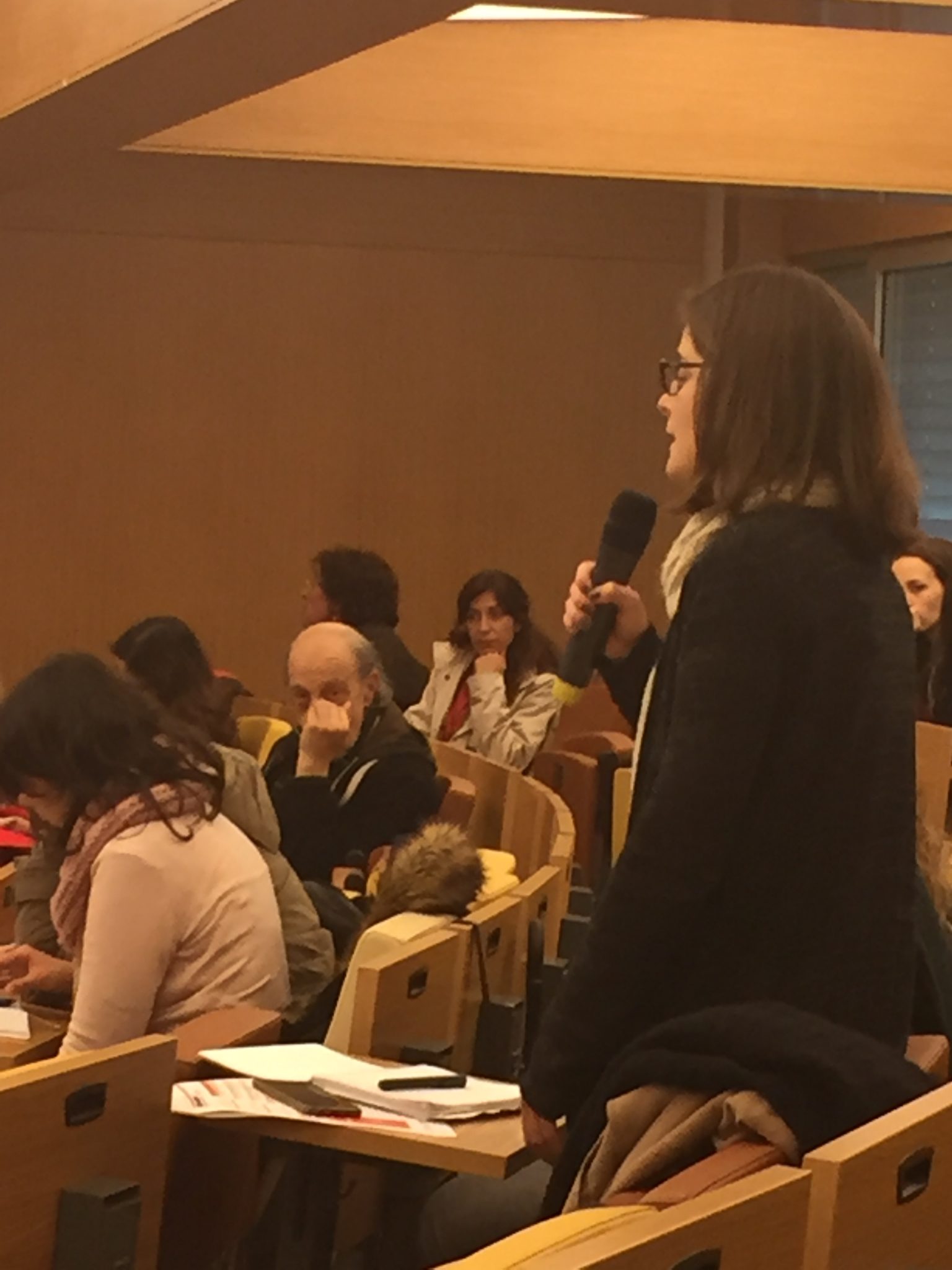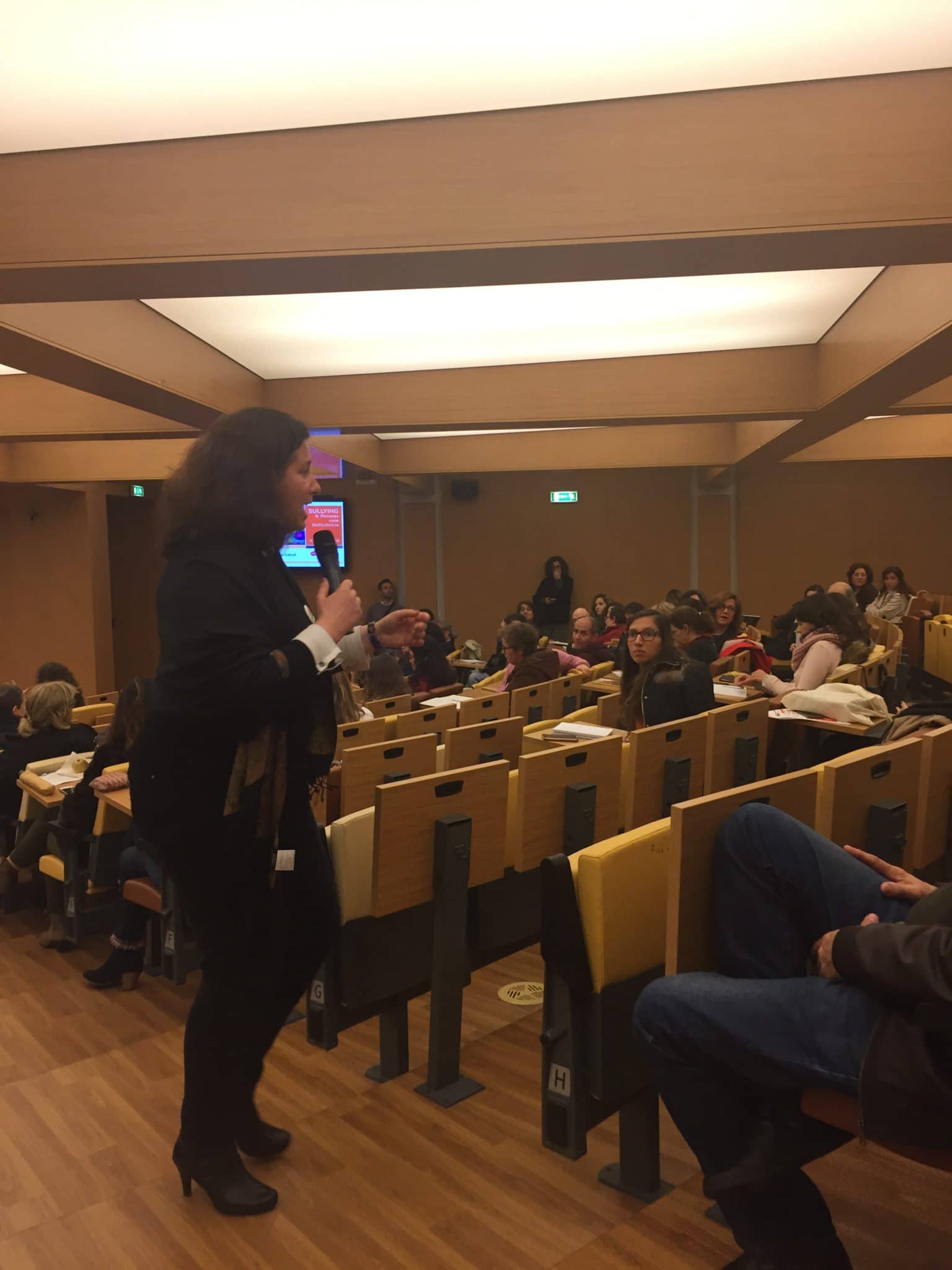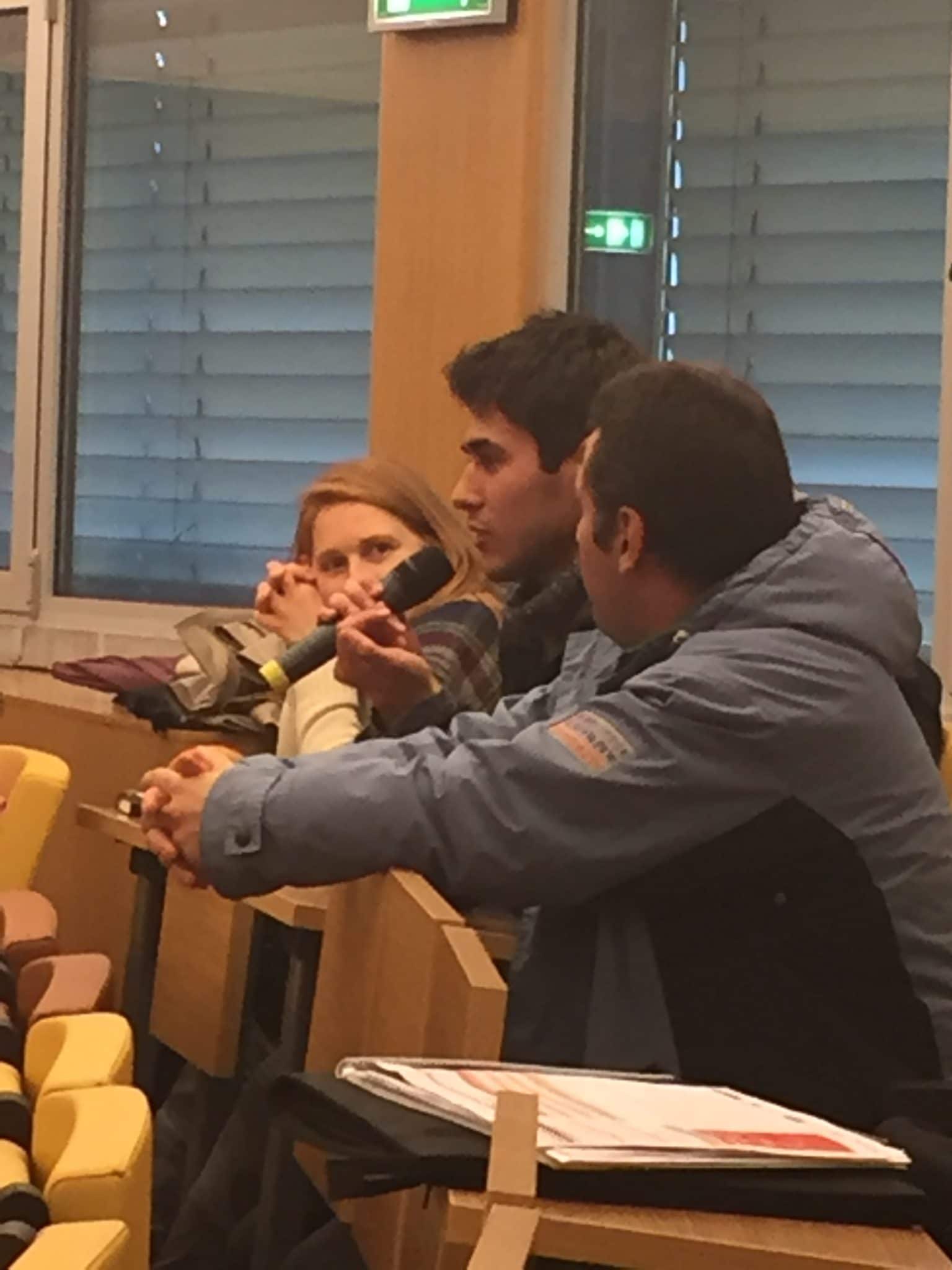Bullying is a widespread problem in schools and a vast amount of research has been conducted on the subject. In order to examine how members of the school community perceive bullying, self-report questionnaires were devised for completion by secondary school pupils from two year groups, teachers and support staff. The scenario-based questionnaires compared their views on defining bullying, the perceived seriousness of different behaviours and the bullying perceived to occur in the school. The questionnaires indicated that perceptions of bullying were mediated by the age, gender and group (pupil, teacher and support staff) of participants. Indirect behaviours (such as social exclusion) were less likely to be defined as bullying and were perceived as less serious than direct behaviours. Where the victim portrayed in the questionnaire was female, perceptions of seriousness for the incidents described were higher than for male victims. Staff rated direct and indirect behaviours more seriously than did pupils. Differences between schools indicated that perceptions were not fixed and there was potential for change. Open-ended comments made on the questionnaires revealed further complexity in perceptions of bullying and illustrated the benefits of utilising qualitative techniques to study bullying. Therefore, an additional study was conducted whereby a sample of teachers and support staff from participating schools were interviewed, using a semistructured approach, about their experiences of bullying. Results were analysed using Interpretive Phenomenological Analysis (Smith, 2003) and findings suggested the need to consider bullying in a wider context, focusing on schools as organisations with external and internal influences affecting their functioning. The research highlighted the importance of schools working together to focus on what is understood by the term bullying. Interventions need to recognise the complexity of bullying and not treat it in isolation. Practical issues for studying bullying in schools and the potential benefits of combining quantitative and qualitative research are discussed.
Search Results for “Efficient 300-740 Flexible Learning Mode | 300-740 100% Free PDF Download 🥏 Copy URL 「 www.pdfvce.com 」 open and search for ➤ 300-740 ⮘ to download for free 🤬Valid 300-740 Mock Test”
Tackling bullying within the healthcare profession is a major priority considering the costs and risks associated with it, and a full understanding of what behaviours constitute bullying is crucial (Allen, 2015). This mixed-methods study’s QUAL/Quant aims were, firstly, to establish what ALT staff considered to be their experiences of bullying (QUAL) and, secondly, to consider the prevalence of negative acts and their potential relationships to levels of reported depression (Hypothesis 1), stress (Hypothesis 2) and anxiety (Hypothesis 3) (Quant). A pragmatic epistemological framework was utilised for this study with a qualitative focus. Employees from five divisions of ALT were invited to participate in this study, and 303 (response rate 27.5%) took part in the quantitative questionnaire-based study. Eight participants who had described experiences of being bullied were interviewed qualitatively. Prevalent negative behaviours, as reported were: being exposed to an unmanageable workload, having your opinions and views ignored, excessive monitoring of work, being ordered to do work below your level of competence, and being ignored or facing a hostile reaction when you approach. All three hypotheses were strongly supported, in that there was a significant positive relationship between reported experiences of negative acts and levels of depression, anxiety and stress. A constructivist grounded theory approach was adopted for the analysis of the qualitative data. The findings suggested that the experience of bullying was far more complex than the reporting of negative acts and included a stealth-like nature prior to individuals recognising a bullying event. The integration of both methods during the analysis enabled a more thorough exploration of the experience of bullying behaviours than either a qualitative or quantitative approach would have achieved in isolation.
This research hones in on the differing stress levels between blue and white-collar employees. The research looked at the particular reasons for developing stress in the workplace of blue and white-collar workers, as the author found an opening for such research. Previous research states that it is the white-collar industry that has to endure the higher levels of stress, however further research states that blue-collar workers have to put up with similar and even more stress than those in the white-collar industry. Therefore this study will attempt to explore the different reasons for stress in both industries and see which sector has to deal with the most stress. The individuals who participated in this quantitative study participated in an online survey, which was comprised of 10 demographic questions, and a 35-question questionnaire developed by the Health Service Executive (HSE) put together to calculate participants stress level. The results showed that the only significant result displayed a negative correlation between work being brought home and stress. All the other correlations were not statistically significant.
Much has been written in recent years of a ‘crisis’ in the recruitment and retention of midwives in the NHS. The crisis has been attributed variously to burnout, a lack of professional autonomy, a bullying culture, and an ideological conflict between the way in which midwives wish to practise and the way they are required to practise within large bureaucratic institutions, such as NHS Trusts. Negotiating these experiences requires a significant amount of emotional labour by midwives, which they may find intolerable. This thesis explores the strategies NHS midwives deploy in order to continue working in NHS maternity services when many of their colleagues are leaving. It examines the extent to which working in a midwife-led service rather than a consultant-led service helps or hinders midwives’ capacity to manage the emotional and ideological demands of their practice. Ethnographic fieldwork was carried out in a consultant unit and an Alongside Midwife-led Unit (AMU) in two NHS Trusts in England. The findings from negotiated interactive observation and in-depth unstructured interviews with eighteen midwives were analysed using inductive ethnographic principles. In order to ameliorate the emotional distress they experienced, the midwives used coping strategies to organise the people and spaces around them. These strategies of organisation and control were part of a personal and professional project which they found almost impossible to articulate because it ran contrary to the ideals of the midwifery discourse. Midwives explained these coping strategies as firstly, necessary in order to deal with institutional constraints and regulations; secondly, out of their control and thirdly, destructive and bad for midwifery. In practice it appeared that the midwives played a role in sustaining these strategies because they formed part of a wider professional project to promote their personal and professional autonomy. These coping strategies were very similar in the Consultant Unit and the Midwifery Unit. A midwife-led service provided the midwives with a space within which to nurture their philosophy of practice. This provided some significant benefits for their emotional wellbeing, but it also polarised them against the neighbouring Delivery Suite. The resulting poor relationships profoundly affected their capacity to provide a service congruent with their professional ideals. This suggests that whilst Alongside Midwife-led Units may attempt to promote a midwifery model of care and a good working environment for midwives, their proximity to consultant-led services compounds the ideological conflict the midwives experience. The strength of their philosophy may have the unintended consequence of silencing open discussion about the negative influence on women of the strategies the midwives use to compensate for ideological conflict and a lack of institutional and professional support.
This thesis evaluates the effectiveness of peer mediation programmes in 3 primary schools in Birmingham. It investigates whether the ‘Iceberg’ system of peer mediation training, and the setting up of a peer mediation service, can reduce bullying, and have an effect on the self-concept of Year 5 pupils. The literature review section of the study reviews existing literature concerning peer mediation, humanism in education (humanistic values underpin the mediation process) behaviour management in schools and bullying. These are all areas that are revisited as part of the empirical research. The empirical research has a quasi-experimental research design which uses both quantitative and qualitative analysis. The experiment was set up to answer the main research questions as objectively as possible, given the author’s existing wider involvement in this area of work. Pre test and post-test measures include pupil questionnaires and interviews with teachers and headteachers. The positivist framework of the main experiment, however, proved to be somewhat restrictive in answering some interesting new questions which emerged as a result of the programme not being implemented as planned in 2 of the experimental schools. The findings suggest that peer mediation can be used as a strategy to reduce bullying and improve pupil feelings of empowerment and self-esteem provided it forms part of a wider strategy to empower pupils and improve their personal and social skills. The difficulties of carrying out an experiment in a school setting, however, make the results inconclusive and more research is recommended in order to understand the links between peer mediation, humanistic practices in the classroom, and the apparently central role of the headteacher.
The partners of the DisAbuse Project gathered for the 2nd Partner Meeting on the 8th of March and the 2nd International DisAbuse Seminar on the 9th of March in ISCTE-IUL in Lisbon.
Partners from all countries presented alongside the Ana Sofia Antunes – Portuguese State Secretary of Inclusion of People with Disabilities, Carla Moleiro – Director of CIS-IUL, ISCTE-IUL and prestigious guests from the Portuguese Association of Disabled People; APPACDM – The Portuguese Association of Parents and Friends of the Mentally Disadvantaged Citizen and Pró-Inclusão the National Association of Teachers of Special Education.
The focus of the Seminar was current Research and Best Practice cross-nationally, reflecting the first project aim of DisAbuse, while the multi-lingual version of the DisAbuse Website in English, Portuguese, Spanish & Italian was launched by the partners of IADT.
One of the main aims of the DisAbuse Project is to give SEN/D individuals voice in how the issue of disablist bullying is addressed and tackled, and amongst the guests were future participants/evaluators for the pilot testing phase of DisAbuse’s course work. As part of this the floor was opened for an affective, instructive and emotive discussion of the bullying experiences of SEN/D individuals and those who care and work with them, underlying the value of the work being done by the project, and the necessity of directly involving those who it aims to help. You can follow the DisAbuse Facebook Page at this link
